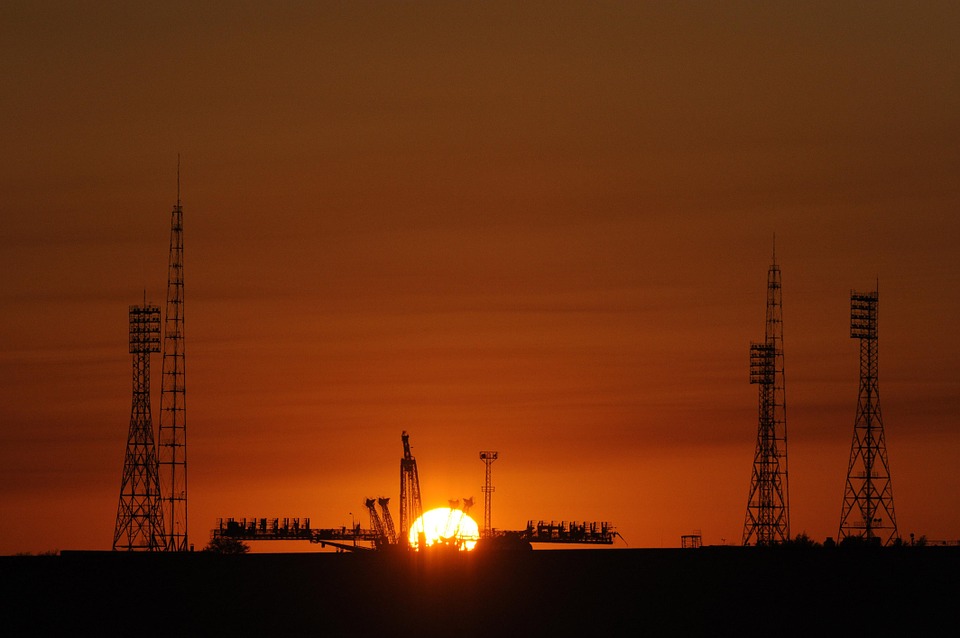LUMALAKING DEMAND: Power outages to occur without new oil and gas exploration
- June 14, 2019
- 0

“The growing population is driving electricity consumption in the Philippines. As a result, new investment in capacity addition is urgently needed,” GlobalData power industry analyst Harshavardhan Reddy Nagatham said as quoted in a BusinessMirror report.
Many investors are expressing interest in oil and gas exploration in the Philippines but unresolved issues between the government auditors and Department of Energy (DOE) prevent ventures from bearing fruit.
Fitch Group affiliate First Solutions Macro Research cited that the energy department sees the country’s oil reliance at 48 percent and is expected to increase in the coming years “due to a growing demand for refining feedstock, next to continued declines in oil and gas production.”
“The Philippines remains in dire need of more oil and gas exploration as existing reserves decline and as its sole produci
ng Malampaya gas-to-power project approaches the end of its production life,” as stated in the Fitch report.
98 percent of domestic oil and gas production is being supplied by the Malampaya project which is projected to slow down its production in five years’ time, amplifying the need to secure a Malampaya license beyond 2024.
The Fitch report also noted several of the country’s exploration prospects lie in areas along the disputed West Philippine Sea. All planned explorations in that area are suspended due to unresolved disputes with China.
Expecting the growth of renewable energy in the ne
xt ten to 12 years will be helpful for the country’s power generation capability, however it cannot be fully relied on with an increase in the country’s energy demands.
The continuous rise in energy demand needs quick action of government as to prevent the possible acute power shortage that may occur, while ensuring that sources of energy are renewable, indigenous, and clean.